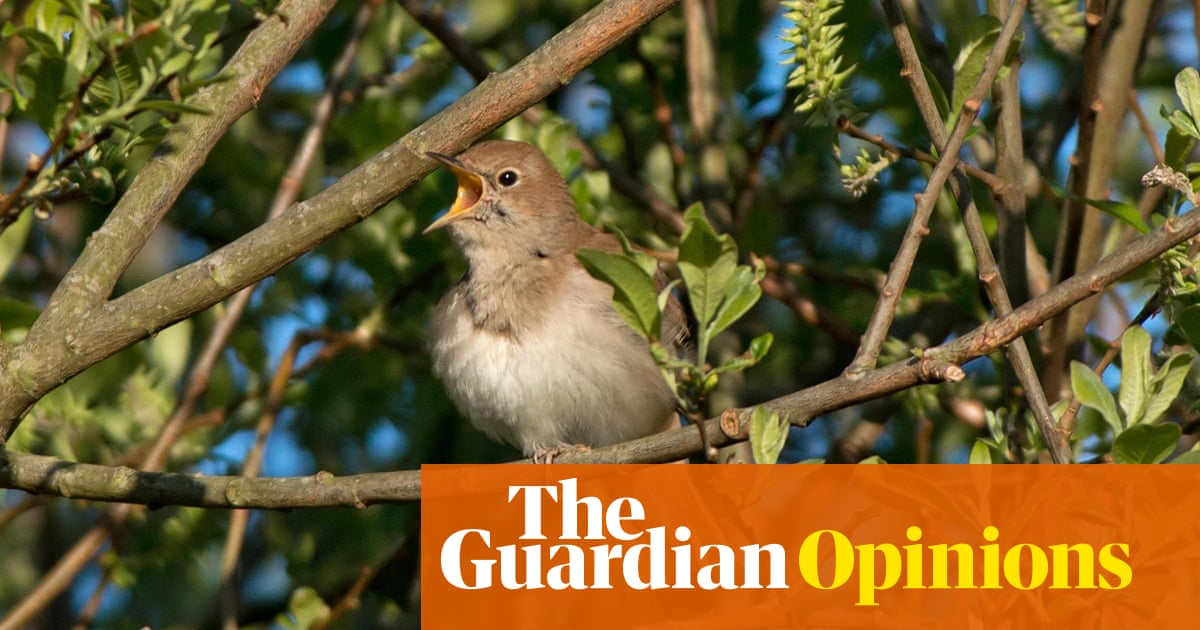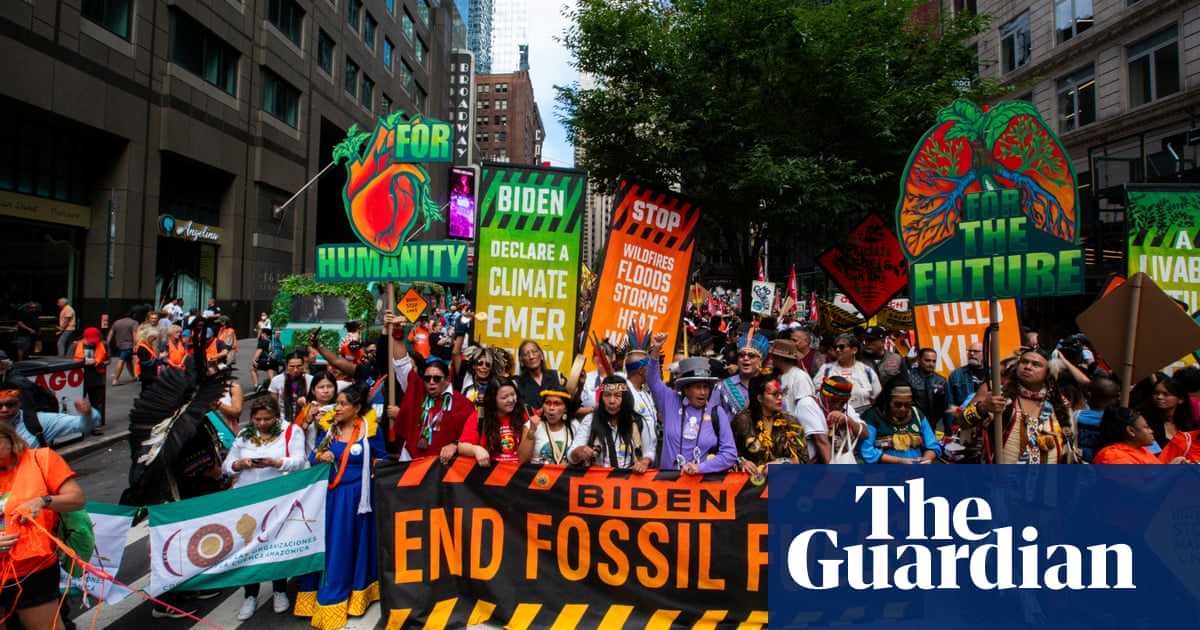
Make no mistake: our natural world is in crisis, and we are far beyond the point where words alone will fix it. For proof, you need only look to the annual Big Garden Birdwatch, which has shown a catastrophic decline over the past 14 years. And if you look for them in late spring, you’ll see that nightingales, turtle doves and swifts have almost vanished from our skies.
The government’s announcement this week of commitments to improve wildlife habitats could provide the platform for nature’s recovery. And the recent £3bn pledged to protect and restore nature, while not enough, demonstrates that the government recognises the scale of the task when it comes to delivering the targets agreed under the Environment Act and the global biodiversity framework set at Cop15. Defra has, on paper at least, attempted to rise to the challenge.
We need urgent action to keep common species common and save those already on the brink of being lost. This is not a problem on the horizon, but on our doorsteps. The UK is among the most nature-depleted countries in the world, bottom of the table compared with the rest of the G7.
We are five years into a 25-year environment plan, but as the recent concerns raised by the National Audit Office and the Office for Environmental Protection reveal, there has been a lack of progress. A plan alone is not enough to drive action.
So the publication of today’s more detailed route map to delivery is positive – but its policies must permeate through all aspects of government. Last year alone we saw approval of the Sizewell C nuclear plant, which will be built on top of one of the UK’s most important wetland nature reserves. And the current levelling up bill shows no sign of legislating for the improvements in nature that are sorely needed in our national parks and areas of outstanding natural beauty.
Protected areas must be more than lines on a map. We have seen protected areas declared on land and at sea, but without the funding needed to restore, maintain and improve their condition, these spaces won’t reach their potential. We need to have targets applied to our protected areas to ensure they are inspected regularly, so we can build a network of wild spaces that have measurable benefits for species recovery.
About 70% of land in England is farmed, and incentivising nature recovery alongside food production via environmental land management schemes (Elms) will not just be a boon for our struggling farmland species but could see much wider benefits in productivity. At our own farms and on the land of the farmers we work with, we have seen how encouraging wildlife can lead to reduced use of pesticides as well as allowing natural pollinators to thrive. The commitment to support landowners who set aside 10-15% of their farmland for nature by 2030 is welcome – but the plan will need to be much more ambitious to deliver this. Developing nature-based solutions to the climate crisis and protecting land and marine habitats will also be vital.
Above all we must see measurable progress by 2030. Not flattening the curve, but progress. This means a fully realised plan for how we will protect 30% of our land and seas, with assurances that these spaces will not just be given a certain status on paper, but will actively work to help nature’s recovery.
Meanwhile, Defra, along with every other government department, is struggling to grapple with the scale of the unnecessary task of reviewing and rewriting about 1,800 pieces of environmental legislation due to the retained EU law bill.
There is a lot to be hopeful about in the environmental improvement plan, and there is still time to save nature. We know what we have to do. But unfortunately that hope must be tempered by the need to see joined-up, properly funded and urgent action to make this plan a reality.
For too long, politicians have been able to offer vague assurances that things will be better in the future. It is now less than seven years until 2030. In all likelihood, many of those same decision-makers will still be in parliament as we enter the next decade. I am calling on them to act now and ensure we deliver the last chance opportunities that this plan provides.
Beccy Speight is the chief executive of the RSPB












